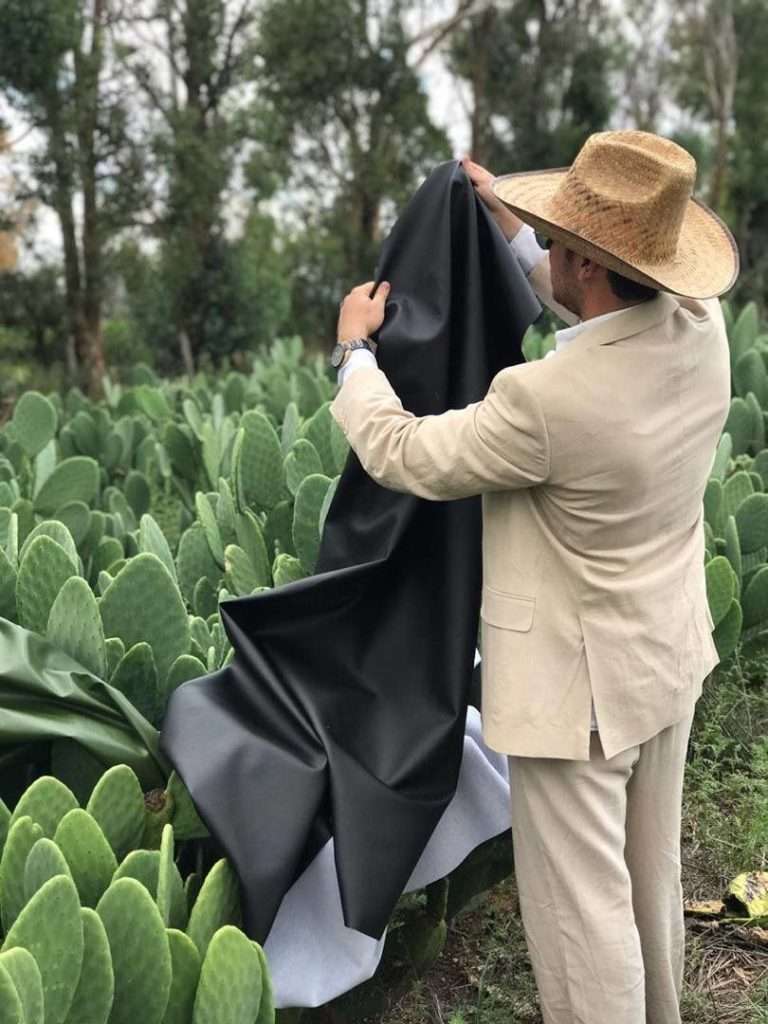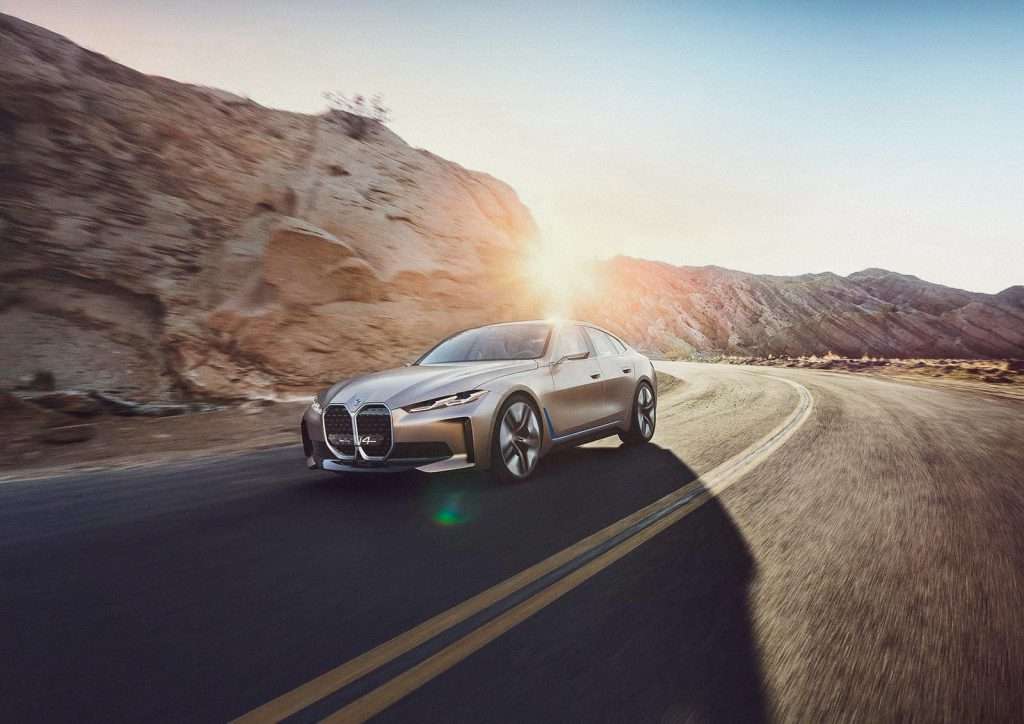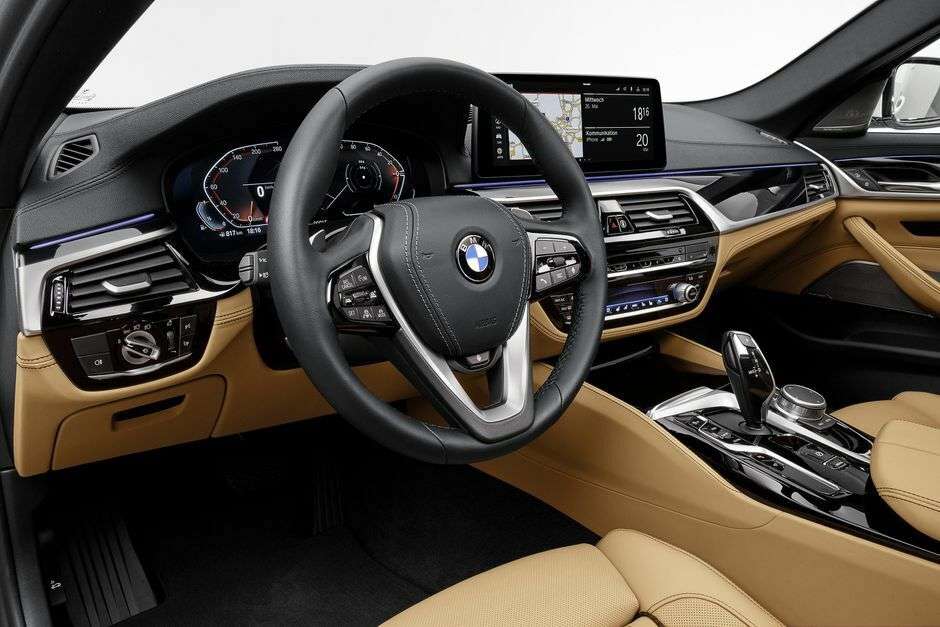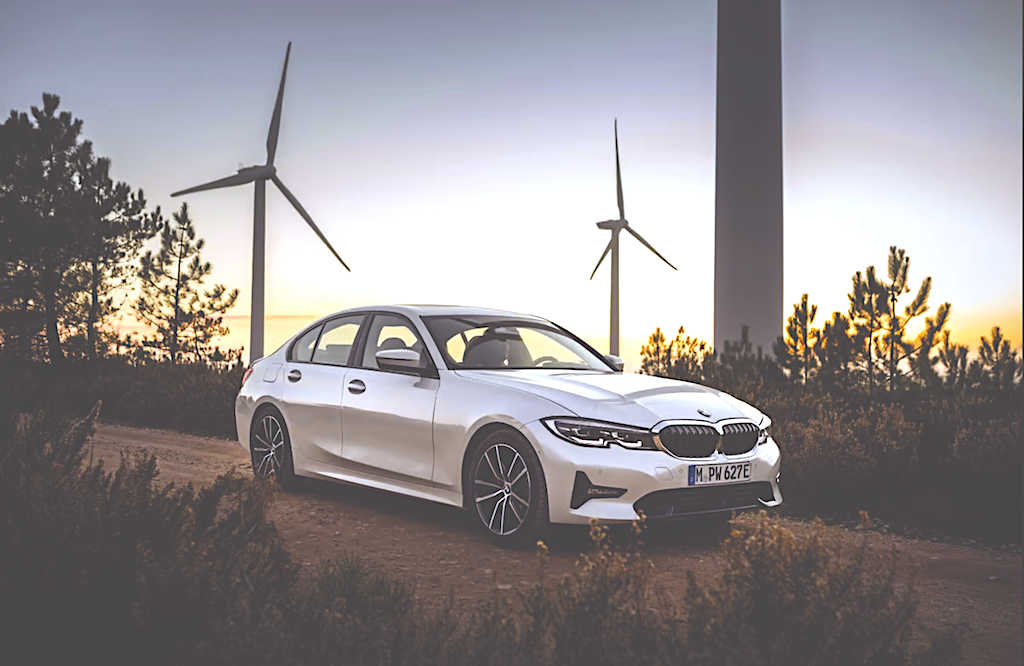The BMW Group is not mincing words: its future is vegan.
In a post published on the Group’s website in September, titled simply, ‘Vegan Future,’ the automotive company details its shift away from conventional leather and toward more sustainable and ethical alternatives.
The BMW Group has been hard at work developing its cars of the future — it’s not just going electric. From EV concept cars that change color to sustainable body paint — the company now says it will launch its first cars with vegan interiors as early as next year.
“Demand for vegan interior fittings is steadily increasing,” BMW Group said in the post on its website. “The BMW Group is working with start-ups to develop high-quality leather alternatives. Thus, reducing the CO2 footprint of surfaces by 85 percent.”
According to BMW, demand for vegan and leather-free interiors is continuing to grow. That, it says, is driving it t transform “both vehicles and production” in line with its circularity approach, Re:Think, Re:Duce, Re:Use, Re:Cycle.
BMW’s vegan leather
“By dispensing with leather around 85 percent of CO2 emissions along the value chain for the interior components concerned are saved—without diminishing the quality experience,” BMW Group said.
Last September, BMW announced a partnership with Desserto, the Mexican cactus-leather startup that manufactures Deserttex leather for the automotive industry. The company says its cacti fields can store more than 8,000 tons of CO2 in the soil per year. Cacti don’t require irrigation and don’t produce wastewater like conventional leather. There’s also no methane produced — a leading heat-trapping gas caused by livestock ruminants.

The BMW Group says it is working with the company to bring a cactus-based material to series production readiness not just for its cars, but for the entire automotive industry.
BMW is also working with Natural Fiber Welding’s bio-based and petroleum-free fully recyclable Mirum leather made from natural inputs including coconut husk, rice hull, rubber, and cork. BMW invested in the company last year to help it commercially scale its products.
“Natural Fiber Welding has developed an innovative process to convert plants into a natural, 100 percent recyclable material that mimics all the properties of traditional leather. Having a premium-quality, scalable, low-cost alternative to leather is key to the further decarbonisation of the automotive industry,” says Kasper Sage, Managing Partner at BMW i Ventures.
Recycling materials
The automotive company says recycling materials as “intensively as possible” is an important milestone on the way to a circular economy, “keeping raw materials in a cycle for as long as possible.”
“BMW Group Design presents ideas for tangible application examples of further innovative materials and production methods with visionary seating studies. These are intended to contribute to lower CO2 emissions as well as to increased use of secondary materials and at the same time establish a new, high-quality aesthetic in the interior of future automobiles,” the company said.

It’s embracing tech like 3D weaving for its seating, which it says not only reduces waste, but is less time-consuming, and produces a single piece without seams.
“We are testing how these innovative materials can be combined and how they can be best used. In the process, we are creating unique seats with a whole new aesthetic that also prompts discussion. It is important to have a dialogue about this, for example, to define New Luxury,” said Annette Baumeister, Head of BMW Material and Colour Design. She says sustainable design does not have to restrict aesthetics. In many cases, it’s elevating them. “We focus on value, quality and modernity,” she said.
“The fabric, produced using the 3D weaving process, offers a high level of thermal comfort and a particularly modern appearance.”
BMW Group is also putting an emphasis on steering wheels as it says appearance, wear resistance, and durability are priorities for its customers.
“The steering wheel of the future, made of high-quality vegan surface material, meets the outstanding expectations of a premium brand and its customers and is equivalent to leather in terms of feel, appearance, and functionality,” said Uwe Köhler, Head of Body, Exterior and Interior Development of BMW Group.
Steering toward sustainability
The company says that for the first time it has successfully used an “acceptable” leather alternative “for the most important interface between driver and vehicle.”

BMW Group says the greatest challenge in developing new materials is always “to get them ready for series production and thus make them widely available and usable.” It says it’s consistently promoting research and development to help it reduce the use of raw materials that come from animals, as well as tech that will reduce CO2 emissions along its entire value chain, moving the carmaker toward its climate-neutral goal, “one step at a time.”
The new steering wheel surface reduces animal source materials to less than one percent in BMW and Mini vehicles. The leather comes from plant sources but it’s still working to remove gelatin coatings, the lanolin in the lacquers, tallow in elastomers, and beeswax as a fluxing agent for lacquer.
“It doesn’t feel that different, this new steering wheel. Soft yet robust, it yields slightly to pressure,” the company says.
“The difference is barely perceptible, but it is indeed a noticeable change.”
Related on Ethos:


